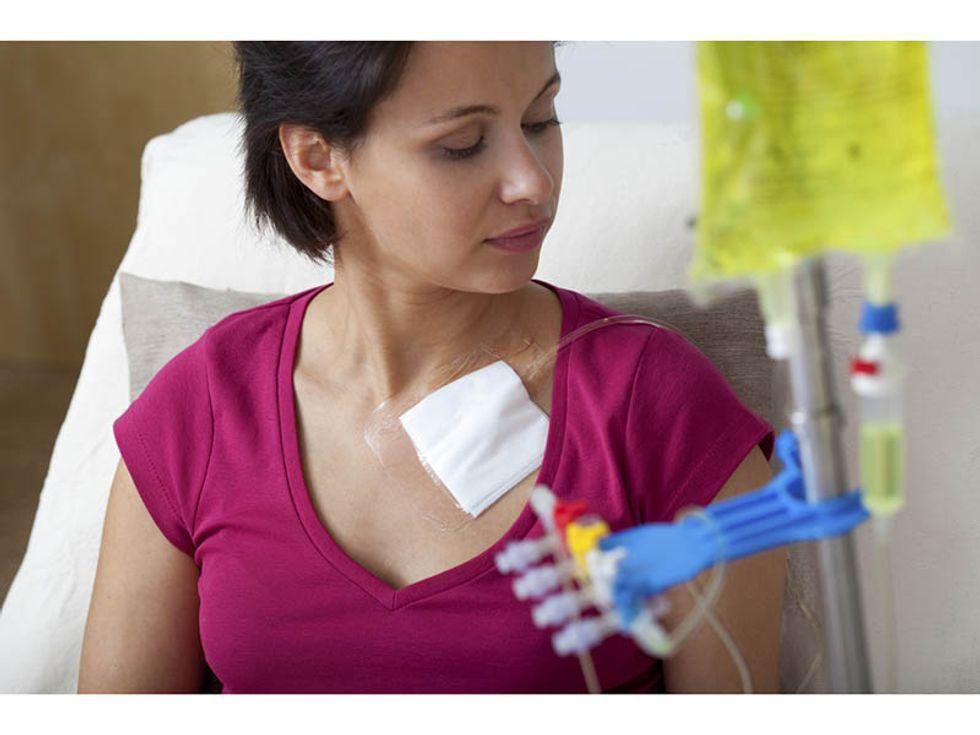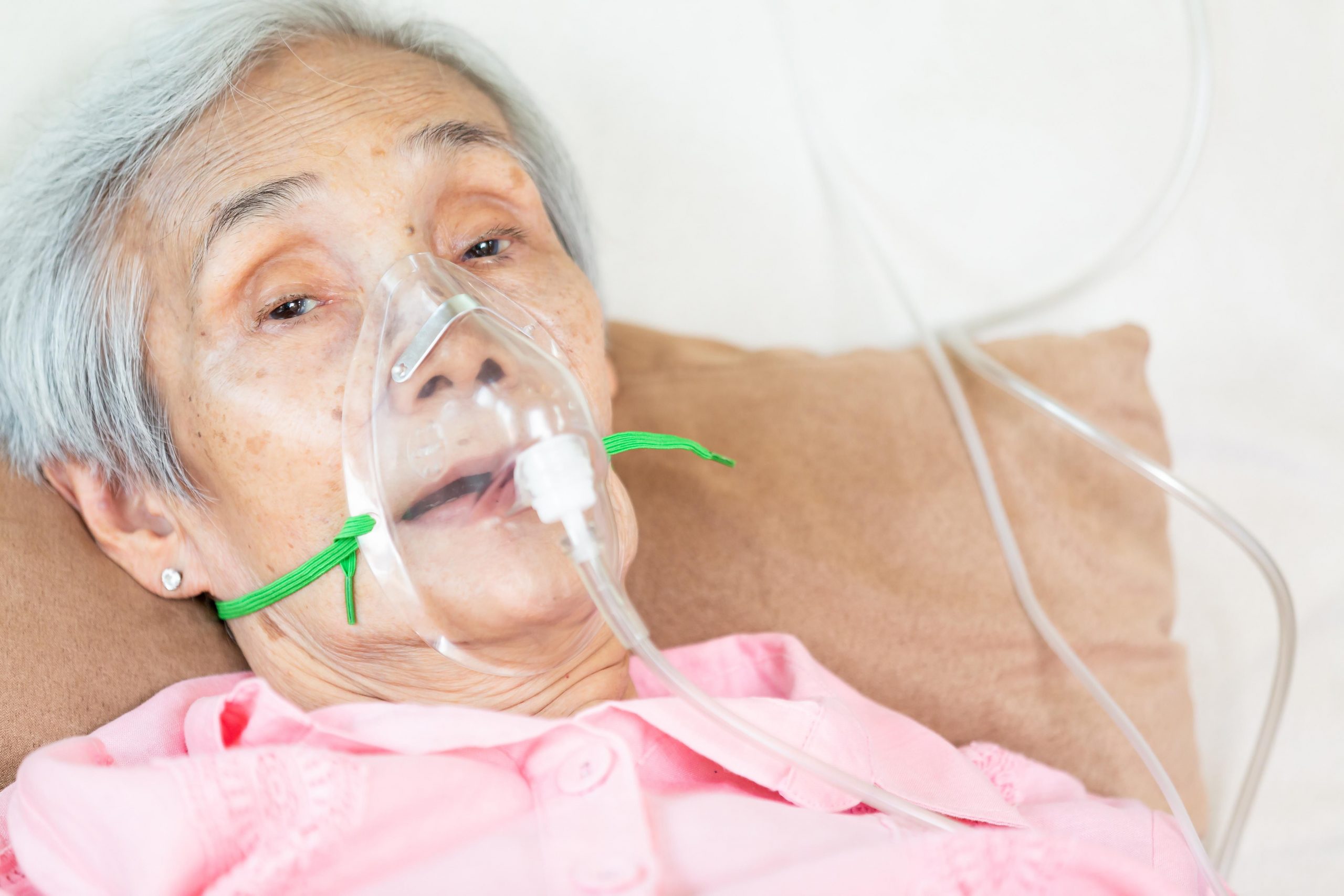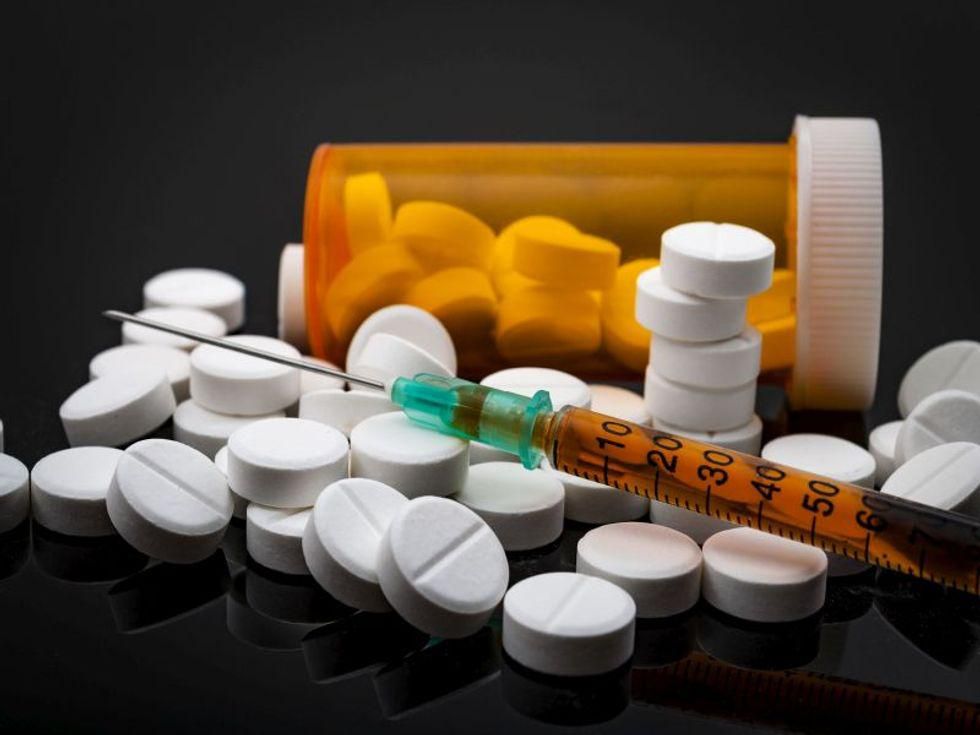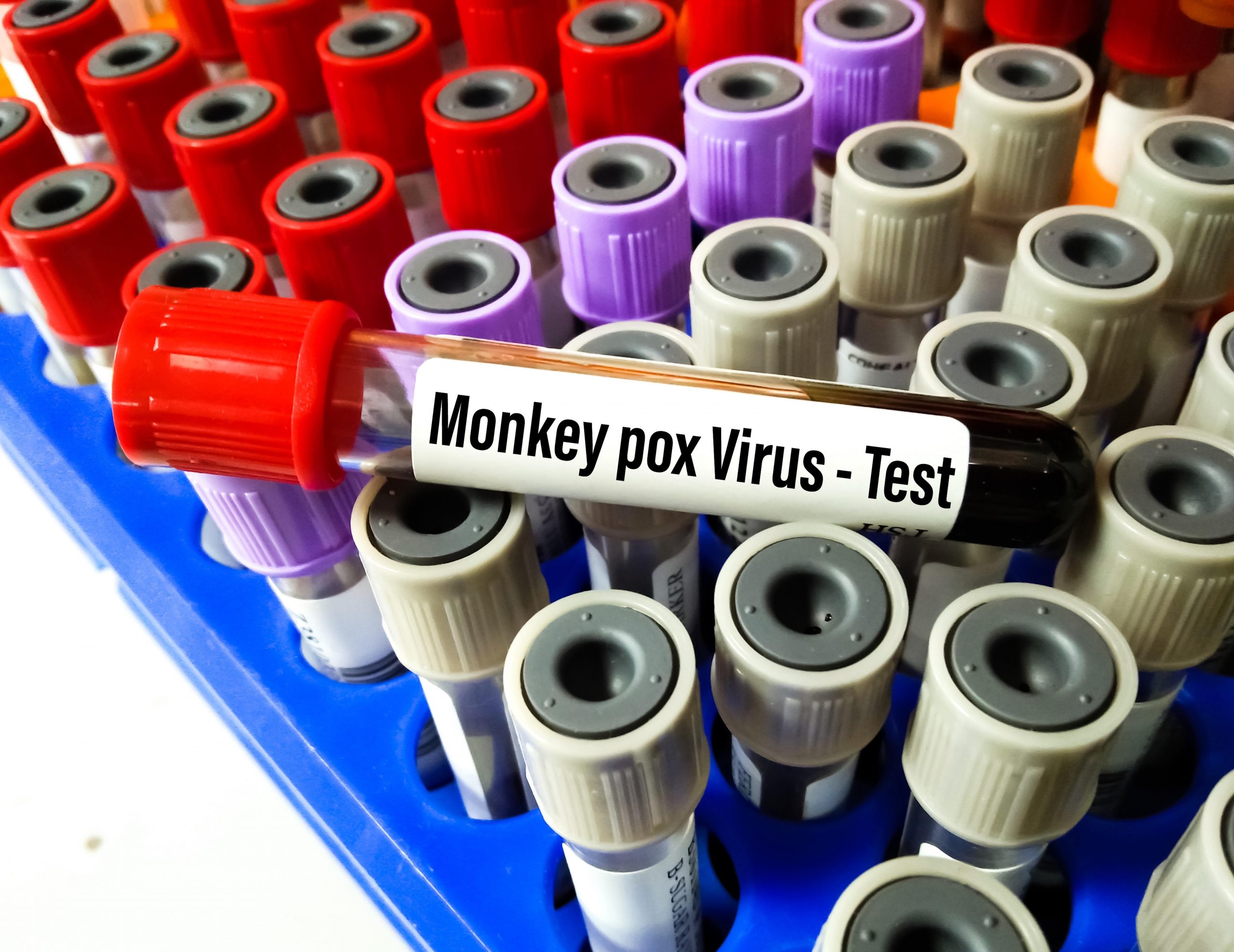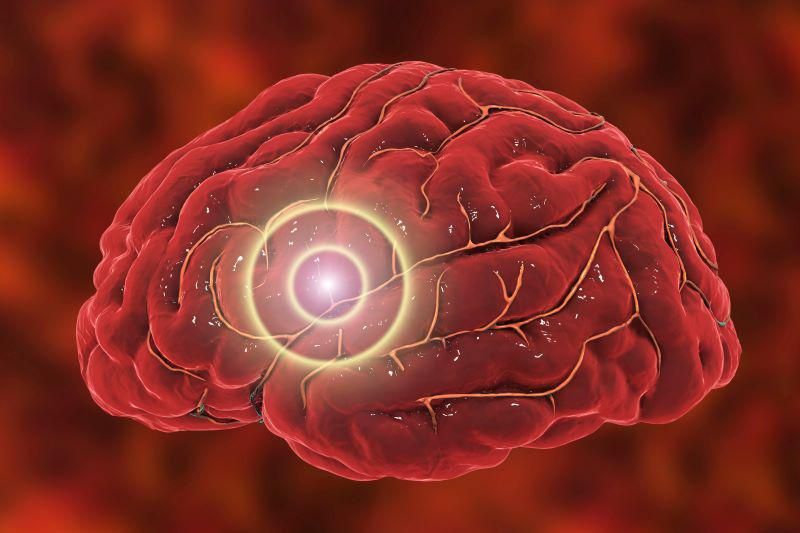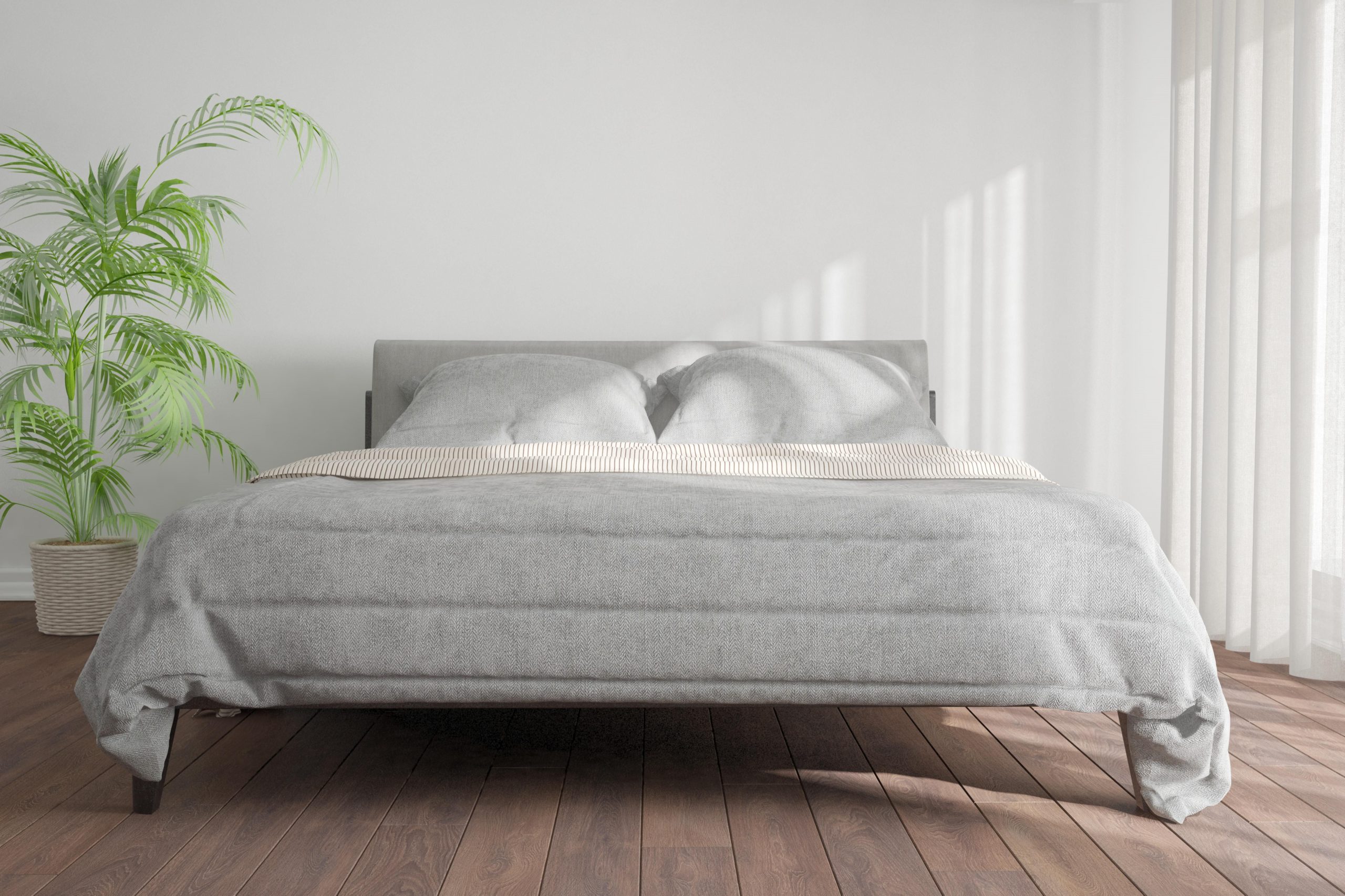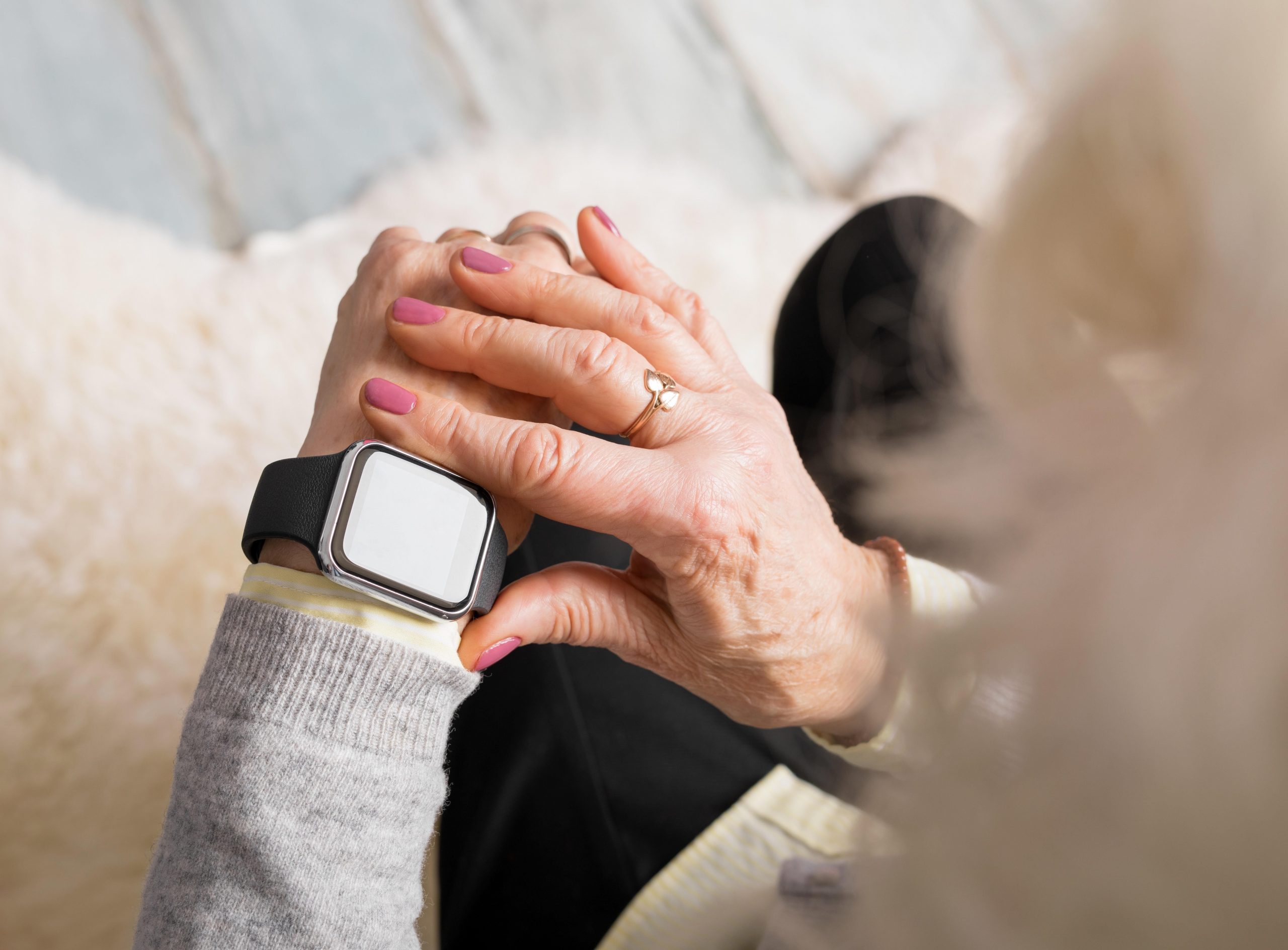
When teenagers with type 1 diabetes get better control of their blood sugar, their brains may benefit, a new clinical trial shows. Researchers found that when teenagers started treatment with a newer technology — often dubbed “artificial pancreas” systems — they were better able to avoid high blood sugar episodes than teens who stuck with… read on > read on >










